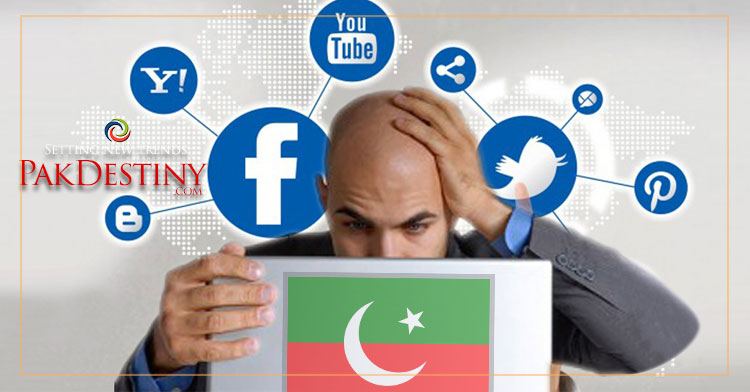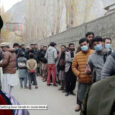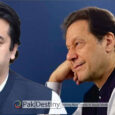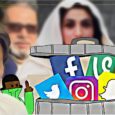
By Sarvat Hossein
The new social media regulations ‘Citizen Protection (Against Online Harm) Rules 2020’, has brought about a serious debate on the true purpose of these rules and regulations. Its potential effect on freedom of the press and democracy when implemented in the Pakistan is now a cause for concern in the country.
Apparently, the measures were enacted ‘secretly, and without public consultation’. These social media rules are also likely to ‘cripple’ the digital economy.
Under these regulations, all social media companies, including YouTube, Facebook, Twitter and TikTok have to register within the next three months and establish their offices in Islamabad and they also have to create a data server in Pakistan within a year.
Digital Rights Activists have raised their voice over this sudden measure taken by government and said that these new social media regulations will give authorities reptilian powers to suffocate activity on social media.
Some might wonder why the government of the day had to rush and create these strict rules to restrain social media without the consultation in Parliament and the million dollar question which arises is why Parliament, the main legislative body, were not taken into confidence prior to the implementation of this measure.
PM Imran Khan has signalled an element of hope, that all internet companies and international social media shall continue to work in Pakistan and government will address their concern issues.
PM Imran Khan, who was defending the freedom of press during his political campaigning speeches (and after coming into power), publicly confessed on many occasions that social media has played an important role towards his political success. Mr PM said: ‘I would not be in the position I am in today, had you people not been around’.
This leaves relevant organisations asking questions over the reasons behind the government’s latest action, trying to restrict the power of press. The Reporters Without Borders (RSF) has highlighted that new rules governing the use of social media are crucial, but it should not be a form of censorship.
Daniel Bastard, the head of RSF’s Asia-specific desk indicated their concern with regard to the saying: ‘The vague and ambiguous wording used in these regulations testifies to the arbitrary nature of measures planned by the government’.
” We urge the federal authorities to rescind these rules, which pose a major threat to journalists work, and to respect the confidentiality of their sources. Regulations of social media is necessary, but it should not be a ‘disguised form of censorship’, RSF further added.
On reflection, the political history of Pakistan reveals that all former rulers have juggled with the idea of either freeing the press, limiting it in one way or another or simply restricting it.
Mr Zulfikar Ali Bhutto could not endure the independent, press despite his promise of free press and during his time in office, the National Press Trust (NPT) was abolished. Ms Benazir Bhutto’s first government did allow the press to criticize her government to some extent, but she banned six Karachi-based evening newspapers for a few days during her second tenure.
On the other hand, during ex-PM Nawaz Sharif’s term in office, Saifur Rehman was appointed as a head of the Ehtesab Bureau, which was against the press.
Given the current developments, Prime Minister Imran Khan has not shown any enthusiasm to change the course of history, even though he admittedly appreciated the support of the social media during his political journey.
One can only wonder what whether he has been advised by his friends to go on this route or he has decided himself to change his philosophy.
We shall all wait to see how things pan out. Pak Destiny






